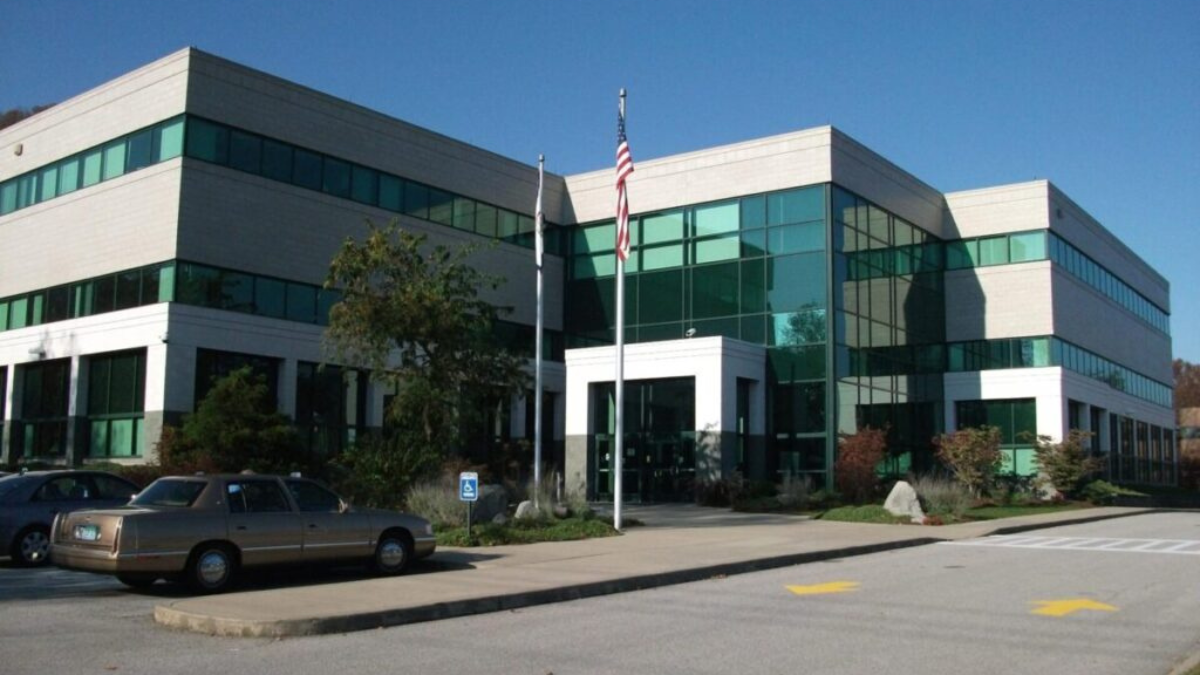The first of four public hearings held by the Public Employees Insurance Agency (PEIA) Monday drew criticism about changes to the plan.
The embattled agency has struggled with fiscal solvency and most recently, the announcement by one hospital that the insurance carrier would no longer be accepted. Senate Bill 268, which goes into effect July 1, was a concerted effort between the House and Senate to rescue PEIA by requiring a minimum 110 percent reimbursement of the Medicare rate for all providers, paid for in part by a 24 percent increase in premiums for employees.
About 50 people, including retirees and several educators, were present for the meeting at the Culture Center in Charleston.
PEIA Interim Director Jason Haught talked about the three plan options on the table.
The plan changes reflect the increase in premiums for active and retired state employees. Non-state agencies, retirees, spouses employed by PEIA-participating agencies, or spouses with Medicare, Medicaid or TRICARE coverage are exempt.
Effective July 1, significant changes to the plan include:
- A surcharge for spouses of active policyholders – if they have coverage elsewhere but choose PEIA coverage instead.
- A hike in premiums to return to a 80/20 employer/employee premium split
- Increasing reimbursement to providers to a minimum of 110 percent of Medicare’s reimbursement.
The first of the three options discussed by Haught includes an increase in state employee premiums of almost 24 percent. The increase would vary since enrollment and performance vary from plan to plan. For the non-state fund there would be a 15.6 percent increase. No premium increase would be imposed on retirees.
Option 2 calls for a blended approach with a slightly lower increase in premiums (19.2 percent) but higher deductibles, and out-of-pocket and prescription costs to make up the difference.
Non-state plans that opt into PEIA under option 2 would see a 9.7 percent premium increase and medical deductible and out-of-pocket increases of approximately 35 percent along with a hike in prescription drug costs.
Option 3 is also a blended approach (State plan & RHBT) and would include a 14.6 percent premium increase with retirees being exempt. Changes to non Medicare include a medical deductible increase of 50 percent under plan tiers, out of pocket expenses, and an increase in prescription co-pays or drug costs.
Several retirees and former educators spoke to the panel about their concerns, including Rosa Huffman, a teacher in the Kanawha County school system. Huffman asked why the public is not being given more time to understand and decide on the proposed options.
“Why is this plan being rushed through?” Huffman asked.
Sen. Amy Grady, R-Mason, said comments that the PEIA plan was rushed through the legislature are unfounded.
“It hasn’t been rushed, and that’s the misconception,” Grady said. “This specific plan has been worked on for at least a year. I know I was reaching out to people, saying ‘Give me some input on this,’ I’ve no reason to believe other senators and delegates don’t do that.”
Grady said down the road the legislature may be able to consider taking money from the state’s “Rainy Day” fund to prevent an increase in costs for retirees, a suggestion put forward by West Virginia Education Association President Dale Lee.
When asked, the panel informed Lee that there was $74 million in the fund.
“Because I know that was a part of the fiscal note when you looked at Senate Bill version of 268 – whether the premiums would go up 14 percent or 26 percent based on the $74 million in the rainy day account,” Lee said. “I’m guessing that that money could still be used if the legislature appropriated the money, is that true?”
Haught responded, saying that it was his understanding that the expenditure side of the budget would not be completed until May 1st, but stated “theoretically” that was possible.
Del. Mike Pushkin, D-Kanawha, criticized the legislature for passing a bill that he said places strain on retirees.
“I mentioned the word arrogance earlier in regards to our current legislature, in regards to this super-duper majority,” Pushkin said. “I mentioned arrogance to raise premiums on public employees under the guise of a shell game of giving out a pay raise at the same time, while voting to give themselves a raise, a substantial raise for those in leadership.”
“They built into it cost of living adjustments for those at the top of the legislature, something they could not find it in their hearts to do for retirees for how many years?” he continued. “When’s the last time you got a cost-of-living adjustment if you’re a retiree?”
Pushkin contended that Gov. Jim Justice broke his promise when he said that premiums would not go up.
“When asked if he would raise premiums he said, ‘Not on my watch,’” Pushkin said.
Retired educator John Riddle told the panel that retirees are facing an ever-increasing cost of living.
“Let me tell you something, for 18 years of retirement, if you look at the cost of living, retirees on a fixed income are not in a very good spot,” Riddle said. “And all I’m asking you to do is to continue to allow our retirees to have a place at the table to talk with you.”
Three more public hearings are scheduled this week, including two on Tuesday at 6 p.m. in Morgantown at the Hampton Inn and in Huntington at the Mountain Health Arena. The fourth public hearing is on Wednesday at the Holiday Inn in Martinsburg.
The Finance Board will follow up with a meeting on Thursday, March 30 at 1 p.m. The board will consider comments from the public hearings and adopt the new Plan Year 2024 which will be published in the 2024 Shopper’s Guide.
Visit the PEIA website for more information on the public hearings.
